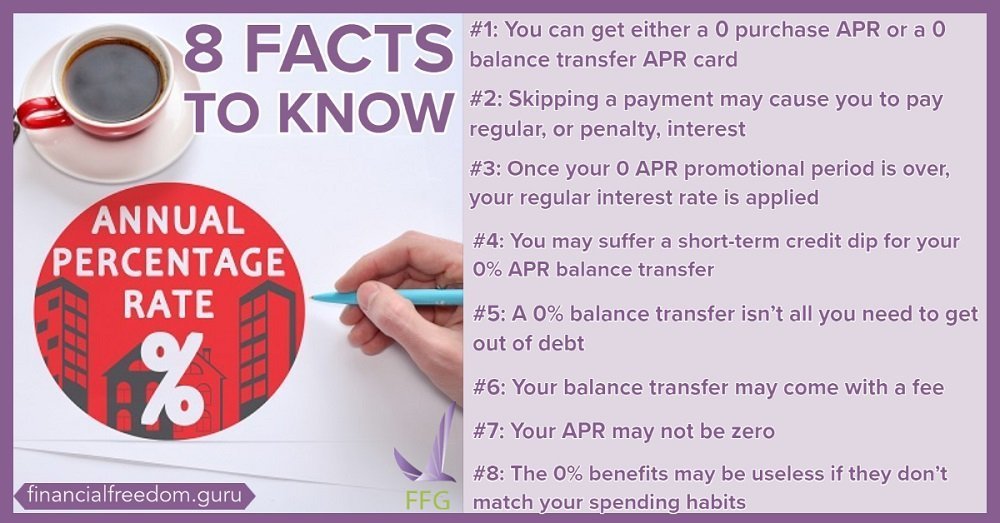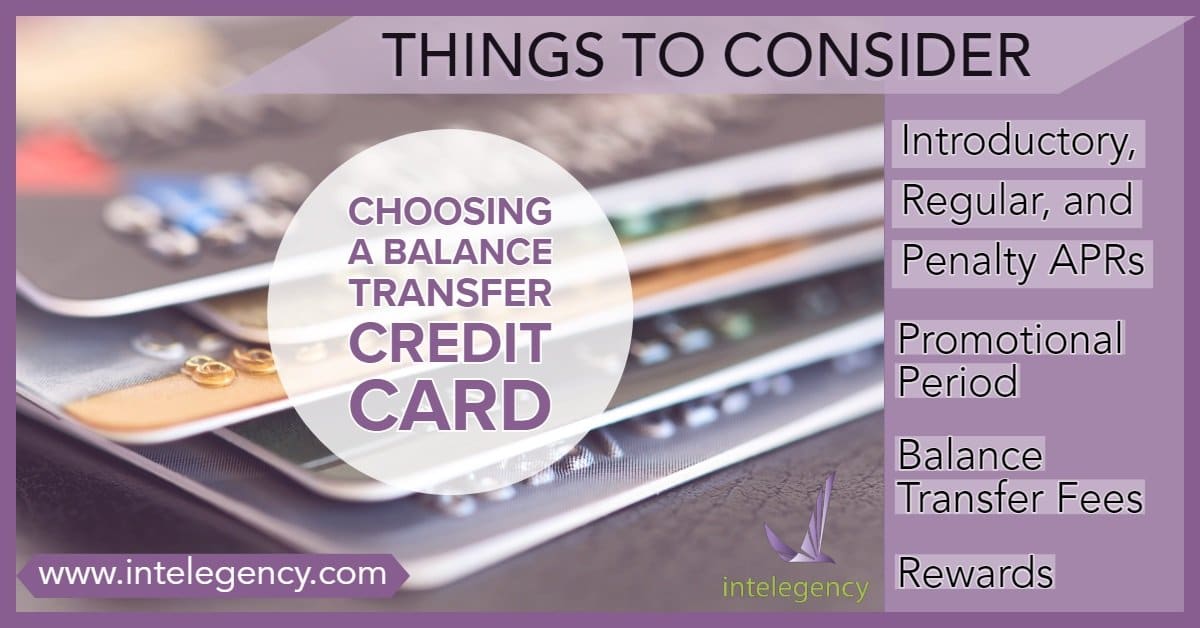Benefits and Drawbacks of Balance Transfers: Weigh Them Carefully

Does saving money while in debt seem fantastic? For the majority of people, it is. Others, who invest their time researching credit card balance transfers, may benefit from the deal.
Banks and credit card issuers use the balance transfer trick to attract new clients. They offer to transfer your debt to a new credit card and enjoy certain benefits. Without a doubt, balance transfers have certain advantages, such as saving money, consolidating debt, and securing lower interest rates.
However, the card issuers can get a client who doesn’t pay the balance on time, bringing the company monthly profits. It’s also essential to consider factors such as credit score impact, balance transfer fees, and the duration of promotional interest rates. If you don’t use balance transfer credit cards strategically, the advantages they offer now may turn into disadvantages later on.
Let’s look at balance transfers’ pros and cons to help you make the right decision and win the Balance Transfer Game. By understanding the advantages and disadvantages of balance transfers, you can make an informed choice that aligns with your financial goals and circumstances.
Table of Contents
0% Balance Transfer Explanation
Benefits of Balance Transfer Credit Cards
Transferring your credit balance to another card has several substantial benefits. Each one of them is worth some attention and research.
1. Low-Interest Rate
To lure you into the deal, banks need to offer incentives. One of them is either a low or zero percent interest rate. Even though such an offer is usually temporary, it’s a great way to save money. However, be sure to pay off your balance in full before the promotional period ends.
You can always use the balance transfer credit card deal again when the interest rate increases to customary rates. However, be careful not to hurt your credit score.
2. Better Terms
Does your current credit card issuer have unfavourable terms, such as a short grace period or high fees? Leaving your old bank to enjoy the benefits of its competitor is a smart move.
Studying the terms of the card issuer you are about to transfer your balance is vital. There may be hidden fees, making your transfer useless and non-beneficial.
3. Savings and Rewards
Each credit card issuer offers its clients certain “perks.” Transferring the credit card balance can be an opportunity to enjoy new benefits. For example, some cards offer price protection. This option allows you to obtain a refund for the price difference of an item that went on sale shortly after you purchased it.
Other useful perks are free rental car insurance and lost luggage protection. Depending on your lifestyle, you can choose the options that are most suitable for you.
4. Debt Consolidation
The pressure can be frustrating if you struggle to pay off several monthly credit card balances. Moving them all to one credit card issuer with better terms can save you time and money. It’s psychologically much easier to deal with one debt instead of several.
5. Peace of Mind
Your nervous system is under a stressful attack when you struggle to stay afloat in the sea of debt. Transferring the debt to a card issuer with a lower interest rate can help you breathe easier. Even if the benefit is temporary, it can substantially improve the quality of your life.
Disadvantages of Balance Transfers
Even though the benefits seem numerous, the drawbacks are substantial as well. Weighing both lists is vital for avoiding mistakes.
1. Higher Interest Rates
The low rate offered in the beginning is only temporary. Eventually, you could end up with higher payments. This often comes as a surprise to those people who don’t read the “fine print.” So, it’s essential to understand the long-term implications of balance transfers, including the potential for increased interest rates once the promotional period ends.
2. “Hidden” Dangers
Don’t become an easy ‘target’; always read the fine print. There are many little rules which you may overlook in your race to save money. For example, some companies may boost your lowered rate if you miss only one payment.
3. Balance Transfer Fee
Most banks and card issuers charge a specific commission for the balance transfer. The average fee is about 3 percent of the amount you are transferring.
4. Not Everyone Qualifies
You must have a good credit score to qualify for a balance transfer. Check your score before investing your time in researching the potential credit card issuer.
Evaluating the Benefits and Disadvantages of Balance Transfers Carefully
When it comes to balance transfers, making an informed decision can lead to significant savings, debt consolidation, and lower interest rates. Nevertheless, it’s essential to consider such factors as the impact on credit score, balance transfer fees, and the duration of promotional offers to make the most of a balance transfer credit card.
Remember to thoroughly research different balance transfer offers and understand the terms and conditions associated with each card issuer. This will ensure you make a well-informed decision aligning with your financial goals.
Use our free balance transfer calculator to assess the potential savings and determine if a balance transfer is the right option. By utilizing this tool, you can calculate the potential interest savings and make a more confident decision.
With careful consideration and the right financial strategy, a balance transfer can be a valuable tool on your path to financial independence and growing wealth.
Last Updated: June 24, 2023




